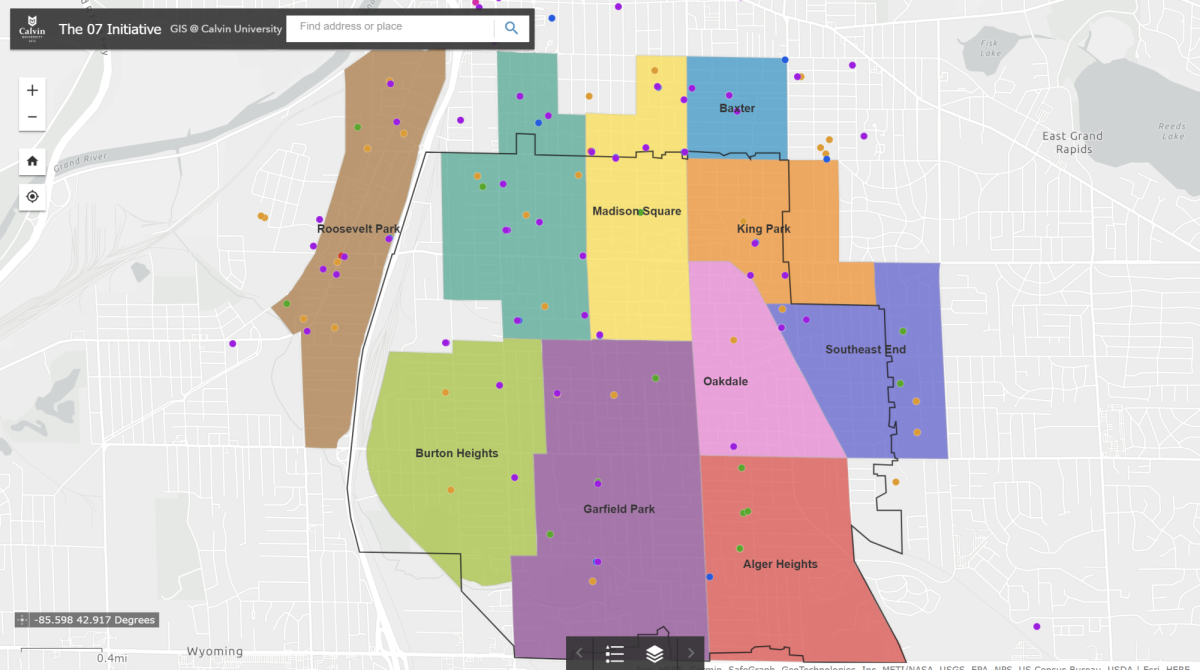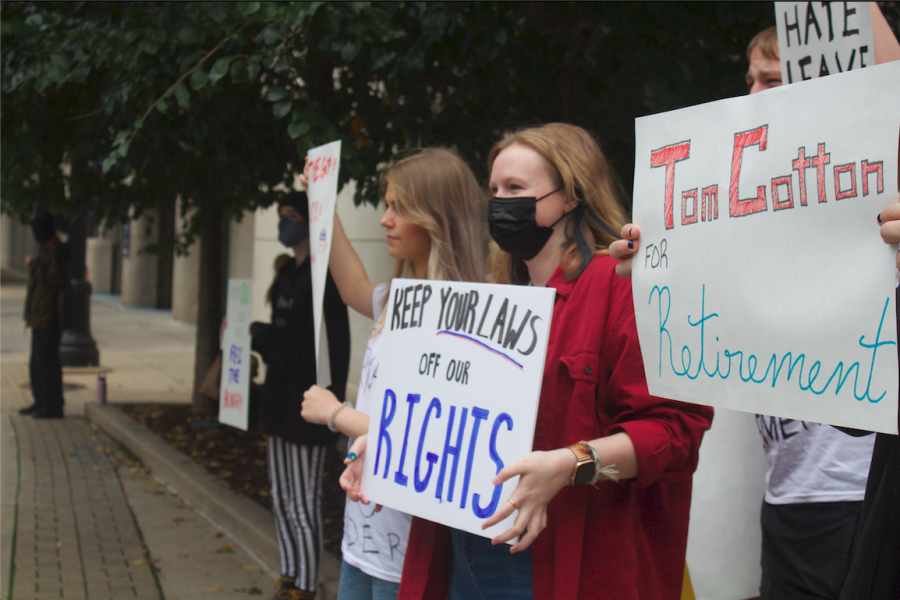“When the environment is unhealthy, society is unhealthy,” a panelist stated at the fourth annual Women and the Environment Symposium.
The event, hosted by the West Michigan Environmental Action Council (WMEAC) and Grand Valley State University, took place on February 25 and brought community members together to discuss the complexities of environmental issues and how they impact vulnerable populations.
A panel led by community members initiated the discussion. The panelists included Lisa Oliver-King of Our Kitchen Table, Guy Williams from Detroiters Working for Environmental Justice, Jeremy Moore from Spectrum Health and Belinda Bardwell of Grand Valley’s Native American Advisory Board.
The panel framed discussions around the intersections of sustainability, race and gender. Most of the attendees of the conference were white and female, and attendees were challenged to confront their privilege as it relates to sustainability.
“How do we talk about this coming from a place of privilege and power?” asked a panelist. “How do we bridge the gap and empower the lives of those it’s affecting? Often times, the people who receive the most disparities are those with the least power.”
Nikki Sylvestri, who was named one of 100 Most Influential African Americans in 2014 by The Root, was the keynote speaker for the event. Connecting with the audience and challenging environmentalist stereotypes, Sylvestri told personal stories of growing up in California and the struggles and challenges she has faced being a black environmentalist in a predominantly white-washed environmental movement.
In her speech, she called for a movement towards equity in sustainability, claiming that “climate change doesn’t affect all communities proportionately.” Citing Detroit as an example, she said, “Detroit must be redesigned so that raw sewage doesn’t overflow into predominantly black areas,” she argued.
Junior Erin Smith is an intern at WMEAC and was able to meet with Sylvestri. “Nikki has so much wisdom and experience and she shares it so readily” she said. “When I first met her, she just gave me a big hug. But then she can turn around and say the most groundbreaking thing you’ve ever heard. I want to be her when I grow up.”
Seeking to empower local leaders in sustainable efforts, the symposium hosted an award ceremony, honoring three women from the Grand Rapids community in areas of vision, hope and inspiration.
“The strength and goal of the Women & Environment Symposium is to expose connections, build bridges and inspire positive action for climate resilience and gender and racial equity,” said Smith.
Pushing back against the image of the environmentalism as a hobby for hipsters, a panelist said, “The implications of environmental degradation are about people’s lives, not just a hobby or activity.”
Jon Gorter, a sophomore, was challenged by Sylvestri’s address. “She also challenged us to consider what environmentalism means to us – is it something that challenges us to pursue the good of the whole? Or is it something that looks attractive from the outside, something for show, but holds no real substance?”
Faced with seemingly insurmountable challenges, Sylvestri spoke with hope: “When relationships and action come together with dignity and humility, lasting change happens.”









